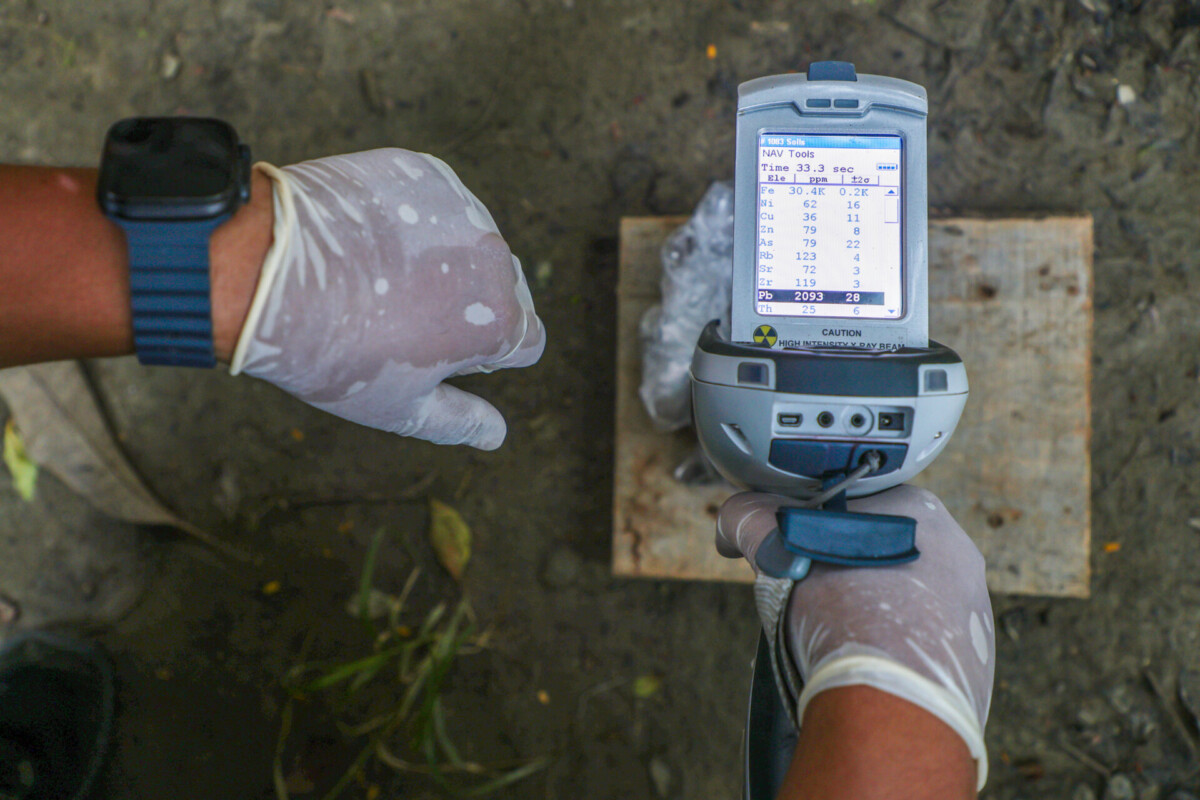Mitigating Lead Exposure in Low- and Middle-Income Countries

The Mitigating Lead Exposure in Low- and Middle-Income Countries (LMICs) project seeks to reduce lead exposure in Asia, Africa, and Latin America from exposure sources such as metal and ceramic cookware, adulterated spices, environmentally unsound used lead-acid battery (ULAB) recycling, and cosmetics. The overarching objective is to assist governments and stakeholders in strengthening institutional capacities, programs, and policies to effectively assess, prioritize, and mitigate lead exposure. Project countries include Colombia, Egypt, Ghana, India, Indonesia, Peru, and the Philippines.
Through supply chain mapping, regulatory guidance, and collaboration with governments and other stakeholders, this project will work toward establishing long-term, effective lead mitigation strategies. In Ghana and the Andean region (Peru and Colombia), Pure Earth focuses on identifying and reducing lead in cookware and cosmetics; in India, the project addresses lead contamination in spices and cookware; in Indonesia, it tackles unsafe ULAB recycling practices; and in the Philippines and Egypt, the project is focused on integrating lead exposure detection and treatment into national health systems through blood lead level (BLL) surveillance and source assessments.
Summary of Core Program Components
While all activities will be tailored to local contexts, the budget includes core components that will be similar across various locations, including their integration of awareness-raising, community education, and communications activities. The components are:
- BLL Surveys: Assisting governments to analyze BLLs of target populations to determine the prevalence, severity, and demographic and geographic distribution of lead poisoning.
- Source Assessments: Assisting governments to identify and prioritize the primary sources of lead exposures in homes and in community environments by testing consumer products and environmental media.
- Risk Mitigation: Used Lead Acid Battery (ULAB) Regulation: Assisting governments, battery makers, and formal lead recyclers to develop or improve ULAB management policies, regulations, enforcement mechanisms, and regulatory compliance capacities.
- Risk Mitigation: Metallic Cookware. Assisting governments in setting safety standards for cookware, assessing and monitoring supply chains, building enforcement capacity, and testing novel risk-reduction methods that may be applicable and feasible for distributed, small-scale producers.
- Risk Mitigation: Ceramic Cookware. Work with producers on lead-free alternatives and with governments to assess and monitor supply chains and build enforcement capacity.
- Risk Mitigation: Spices. Assisting governments in setting safety standards for spices or other priority food products, assessing and monitoring supply chains, and building monitoring and enforcement capacities.
- Risk Mitigation: Cosmetics. Assisting governments in setting safety standards for cosmetics, assessing and monitoring supply chains, and building enforcement capacities.
